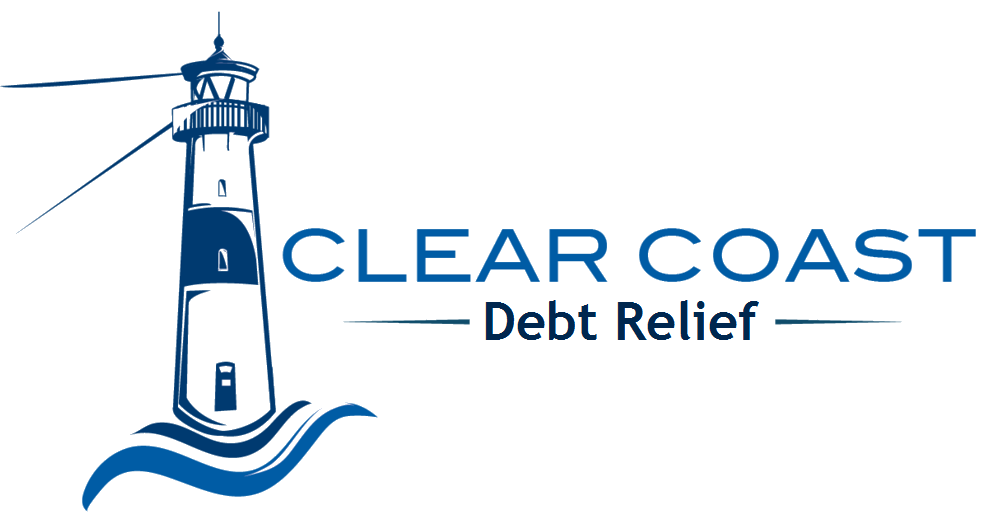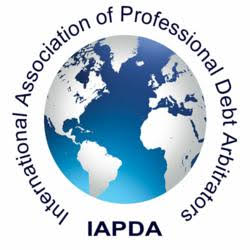
Regardless of age, we’ve all heard about or seen movies depicting The Great Depression, which started in 1929 and lasted until the late 1930s. While it began in the United States, its effects were global, causing a severe worldwide economic downturn. In some countries, unemployment surged above 30%.
When the Great Depression began, people with investments in the stock market lost nearly everything, sending some into bankruptcy. By 1933, bank depositors saw $140 billion disappear due to bank failures. Not until the FDIC (Federal Deposit Insurance Corporation) was created in 1933, which guaranteed the safety of a depositor’s accounts in member banks for up to $250,0000, did the average consumer have any assurance (or in this case, insurance) that money deposited in a bank would be there when they wanted to withdraw it for personal use.
Following the Great Depression, an entire generation of people had little or no faith in banks. There was a growing skepticism that banks didn’t exist for the average person and that they operated under the notion that the consumer was there to serve them – not to fund them. And unfortunately, there’s certainly some truth to this.
Many years have passed since the Great Depression and new laws like the Fair Debt Collection Practices Act have helped to protect consumers—on both the lending and borrowing side. Despite this, banks and other publicly owned financial institutions are (still) in the business of maximizing profits because they have a responsibility to their shareholders to do so.
Finance companies are (really) not your friend
The financial industry (e.g., banks, credit card companies, and finance companies) are institutions that you need to have faith in. Most of us need a loan every now and again to purchase a car, home, or consolidate debt. We need a credit card for unplanned necessities. But be aware that these institutions only want your hard-earned cash and are willing to spend an incredible amount of time, effort, and money developing ways to separate you from it. If you are not careful, you’ll soon find yourself looking for debt relief options. It’s no wonder that the average indebted household carries over $15,000 in credit card debt.
Financial institutions use emotional marketing tactics to promote their “products.” You’ve likely heard phrases like, “You owe it to yourself” or “Take your family on that long-deserved vacation,” often with offers of zero percent interest or no interest for 12 months. Slogans like “What’s in your wallet?” and “It pays to Discover” are designed to make borrowing seem appealing. These institutions want you to feel good about borrowing, as it leads to interest and fees, which they profit from.
Unfortunately, many consumers borrow more than they should, eventually needing credit counseling, credit card assistance, or debt settlement services. Before realizing it, overdraft protection, late fees, and interest rate hikes drain their finances. Those who fall into payday loans, cash advances, or title loans may face interest rates as high as 300%! Clearly, debt relief programs become essential in these cases.
One of our Founding Fathers, Thomas Jefferson, had something to say about the banking institution:
“I believe that banking institutions are more dangerous to our liberties than standing armies. This quote is often attributed to Thomas Jefferson, expressing his concerns about the dangers of private banks controlling the nation’s currency. He feared that such control could lead to inflation and deflation, ultimately depriving citizens of their property and wealth. Jefferson warned that this system would harm future generations, leaving them impoverished and homeless on the land their ancestors fought to secure.
That warning is just as appropriate today as it was over 200 years ago.
Here are two words that every borrowing consumer should always live by:
Caveat Emptor, which means “buyer beware.”
If some of these practices have left you wondering how to get out of debt, you can contact one of our Consultants at 1-866-837-0095.

